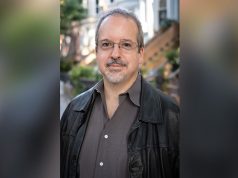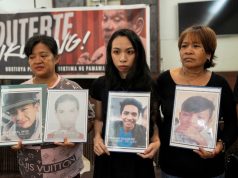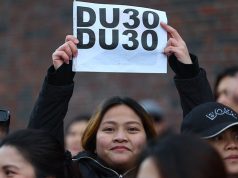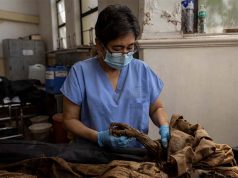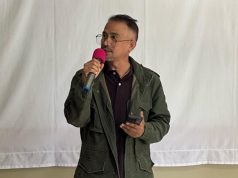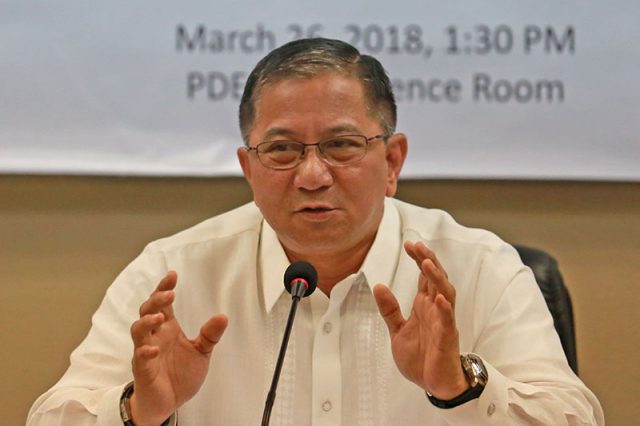
The Philippine Drug Enforcement Agency, tasked with combating drug smuggling and use, has insisted in recent weeks that there is justifiable reason for the release of names of barangay officials on an alleged list of suspected drug suspects.
The agency said it validated the Rolodex of names, called “narco-list,” alongside the Philippine National Police, the National Intelligence Coordinating Agency and the Intelligence Service of the Armed Forces.
Such lists have been the basis for many drug crackdowns in President Rodrigo Duterte’s war on drugs. In these crackdowns, however, thousands of “suspects” have been shot dead ahead of filing of cases and an trial. Among those who died were deemed innocent.
In this recent narco-list are 207 officials, 117 of whom are barangay kagawads while 90 are barangay chairpersons.
But some Filipinos have concerns over the release, noting that it violates constitutional rights especially since the villege executives have yet to undergo due process before being convicted.
PDEA's disclosure of the names of barangay officials in the so-called "narco list" or "drug watch list" at the orders of President Rodrigo Duterte —to influence the results of the upcoming elections—is facially unconstitutional and an election offense.
— Emilio (@13thFool) April 27, 2018
These are the three main arguments raised against the narco-list:
1. Not enough proof to file cases
PDEA chief Aaron Aquino himself admitted that the agency does not have enough evidence to file drug charges against the officials, although he suggested that they plan to.
He said in an interview with Rappler: “We need to add up on case buildup. Hindi pa talagang airtight ‘yung kaso, although validated na siya na involved sa illegal drugs, pero ‘yung kaso, baka ma-dismiss, kasi nga hindi strong enough so we need to add up.”
2. No clear political objectivity
Rep. Gary Alejano of Magdalo, Rep. Tom Villarin of Akbayan and the Commission on Human Rights have expressed their disagreement over the release.
Villarin said, “It’s an infraction of due process and clear violation of the Constitution. It’s another one of those bullying tactics and to inject into the electoral agenda his failed war on drugs.”
3. Stepping on constitutional rights
Under Article III of the 1987 Philippine Constitution, every individual is entitled to undergo due process and fair trial if accused of any crime.
Section 14 reads that “no person shall be held to answer for a criminal offense without due process of law.
It added:
“In all criminal prosecutions, the accused shall be presumed innocent until the contrary is proved, and shall enjoy the right to be heard by himself and counsel, to be informed of the nature and cause of the accusation against him, to have a speedy, impartial, and public trial, to meet the witnesses face to face, and to have compulsory process to secure the attendance of witnesses and the production of evidence in his behalf.”
Aquino said that if any of the barangay officials feel their constitutional rights have been violated, they are free to file cases against PDEA.
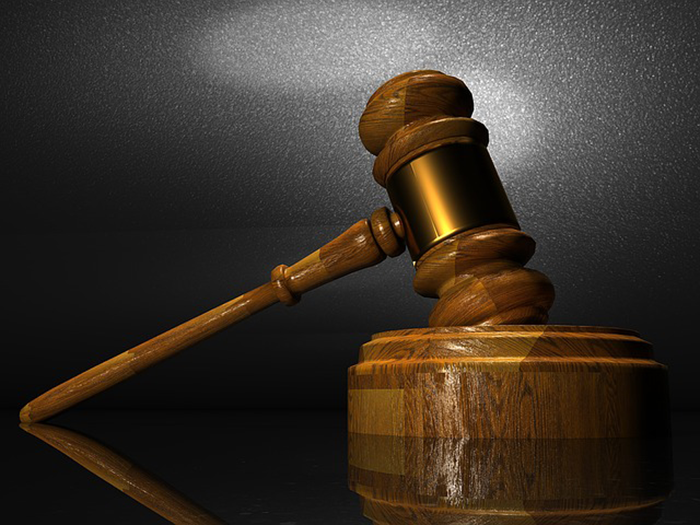
He is just following the president’s orders, he said.
Section 16 of Article III added that everyone should be granted a speedy disposition of their cases.
It reads:
“All persons shall have the right to a speedy disposition of their cases before all judicial, quasi-judicial, or administrative bodies.”
Possible impacts to barangay officials
The Commission on Human Rights noted that the list enables people involved to be publicly shamed, be deprived of a fair trial and have their dignity eroded.
Their families might suffer the consequences of the accusations as well.
Consequences would be irreversible, regardless whether the official was innocent or not.
Consequences would be irreversible, regardless whether the official was innocent or not, the CHR said.
Jacqueline de Guia, the commission’s spokesperson, lamented the release and said, “It is very unfortunate na inilabas po ‘yung listahan ng mga allegedly sinasangkot sa iligal na droga na hindi naman sila sinampahan ng mga kaso muna.”
She added, “Kung nailabas ang listahan nang ‘di naman naisampa ang kaso dahil hindi nagkaroon ng case build-up, patuloy pa rin ang problema sa droga.”




